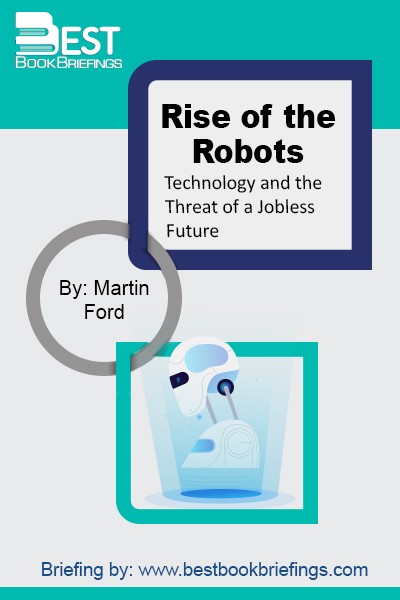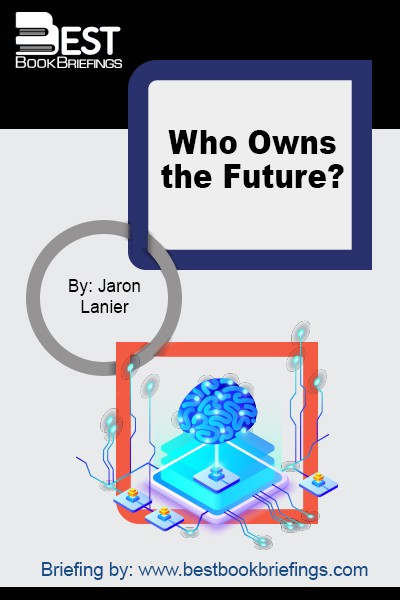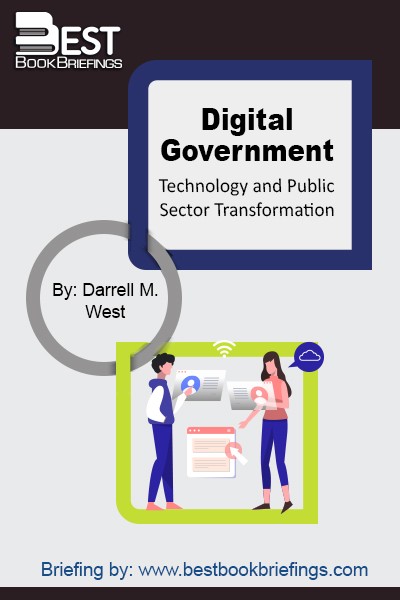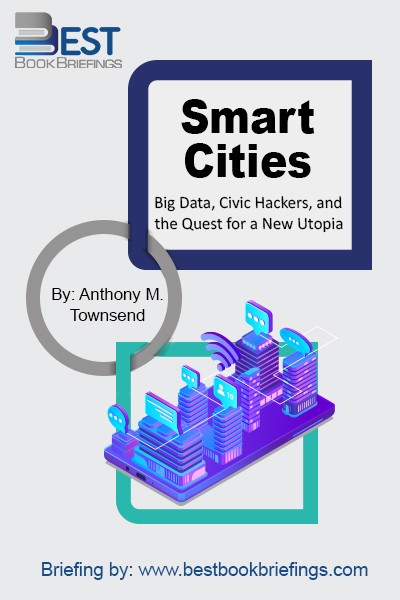Smart Cities
Big Data, Civic Hackers, and the Quest for a New Utopia
Number of pages: 416
Publisher: W. W. Norton & Company
BBB Library: Technology and Globalization
ISBN: 978-0393349788
Editorial Review
Cities worldwide are deploying technology to address both the timeless challenges of government and the mounting problems posed by human settlements of previously unimaginable size and complexity. In Smart Cities, urbanist and technology expert Anthony Townsend takes a broad historical look at the forces that have shaped the planning and design of cities and information technologies from the rise of the great industrial cities of the nineteenth century to the present.
Book Reviews
Books on Related Topics

One widely held belief that is certain to be challenged is the assumption that automation is primarily a threat to workers who have little education and lower-skill levels. That assumption emerges from the fact that such jobs tend to be routine and repetitive. Before you get too comfortable with that idea,

Jaron Lanier is the father of virtual reality and one of the world’s most brilliant thinkers. Who Owns the Future? is his visionary reckoning with the most urgent economic and social trend of our age: the poisonous concentration of money and power in our digital networks.

This book looks at the phenomenon of electronic government, that is, public sector use of the internet and other digital devices to deliver services, information, and democracy itself. Although personal computers have been around for several decades, recent advances in networking, video imaging, and graphics interfacing have allowed governments to develop



